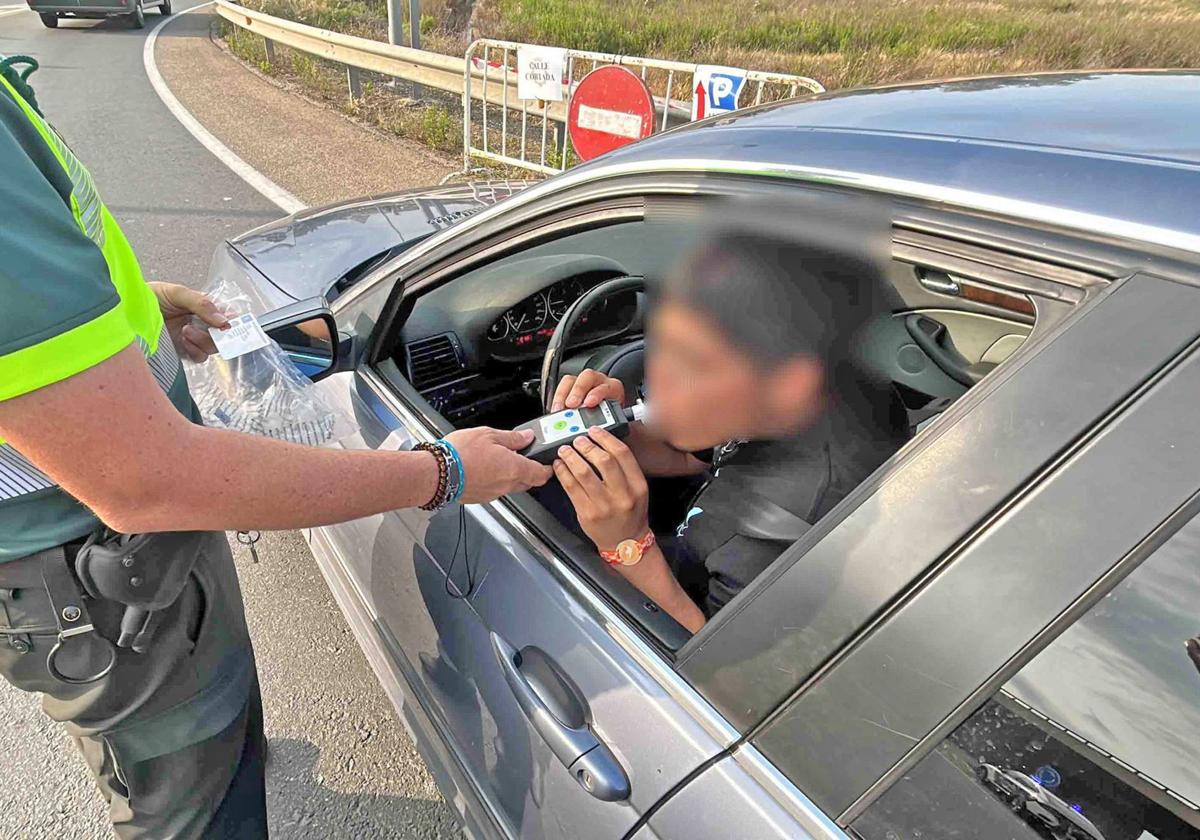Bananas and other foods that can affect road-side alcohol breath test results
The DGT's new drink-drive limit in Spain allows a small permissible margin for this type of situation
C. L.
Madrid
Thursday, 8 May 2025, 21:21
The new alcohol limits for drivers in Spain are accompanied by a lot of discussion and information. A few months ago, the Directorate-General of Traffic (DGT) started working on a new drink-driving limit to replace the current one for most motorists, which is 0.5 grams of alcohol per litre of blood. DGT director Pere Navarro has been promoting a new rate of 0.2 grams per litre of blood - less than half of what has been allowed until now.
Why not 0.0? The answer is that there are certain foods and non-alcoholic beverages that, upon fermentation in the stomach, can cause a very low blood alcohol concentration (BAC) level, which would lead to drivers who have not had anything to drink testing positive.
Among those foods are ripe fruit, especially bananas, alcohol-filled chocolates, sponge cakes with liqueurs or alcohol-filled sweets.
In addition, beverages such as non-alcoholic beer actually do have a little bit of alcohol in them, so a person might test positive during a check. The only beer that truly has zero alcohol is the one labelled 0.0%. In addition, mouthwashes can also sometimes generate a very slight positive alcohol level.
This is why the DGT has proposed a safety margin of 0.2 grams per litre. A driver who has tested positive can request a lab analysis, which would oblige them to go, accompanied by the Guardia Civil or Local Police, to a hospital where they can take a blood sample and analyse it. In the event that the test is positive, the driver would be the one to pay for it.
